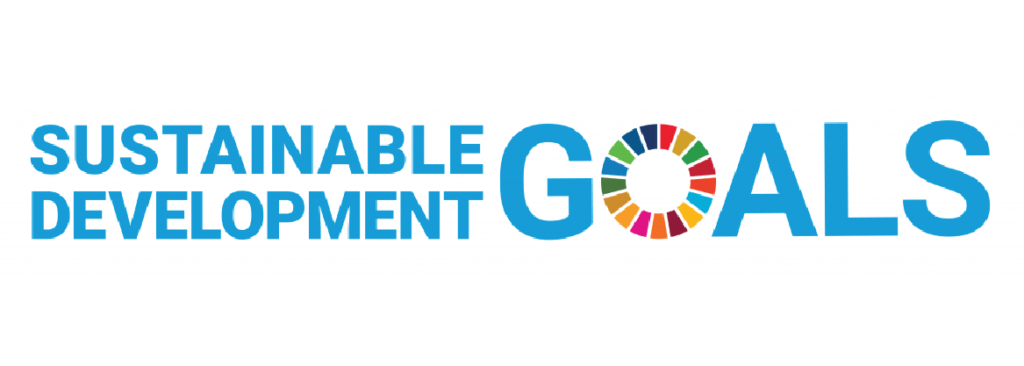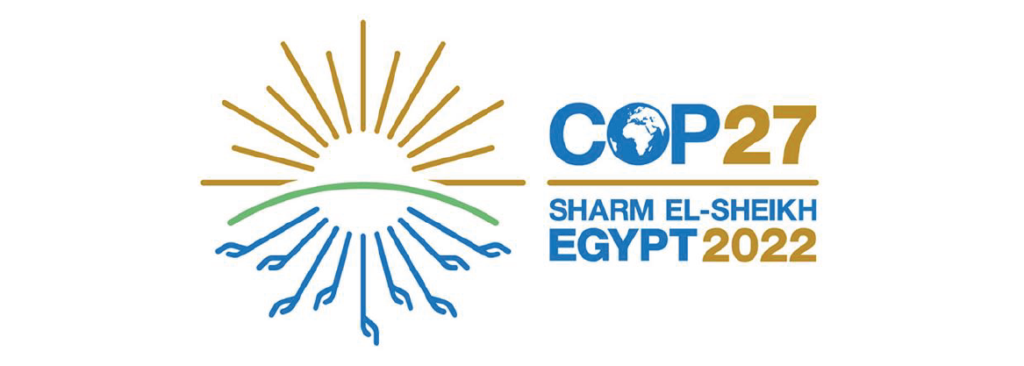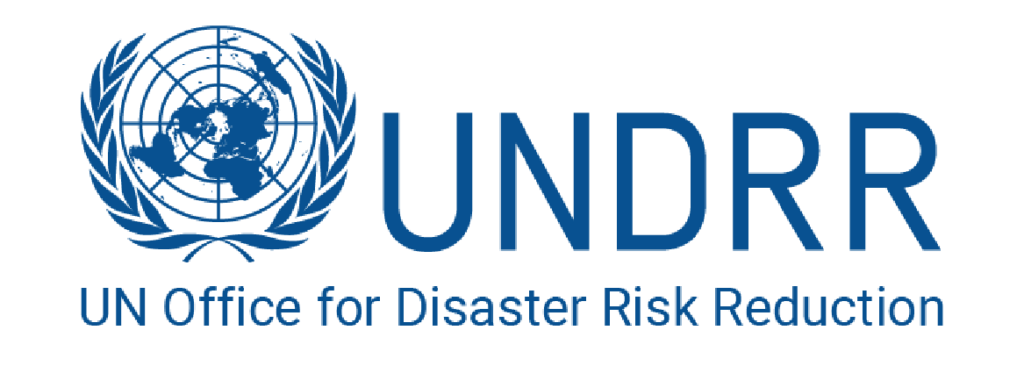ADS is a world-leading Specialist Consultancy and Advisory Firm

ADS is a world-leading Specialist Consultancy and Advisory
Firm headquartered in UAE, Egypt, and USA, working on projects throughout The Middle East, Europe, North Africa, and Asia.
We pride ourselves in being industry leaders in each of our services and have one of the largest dedicated specialist consultancy teams working on projects of the Smart Cities, Disaster Risk Reduction, urban planning, infrastructure, IT, and strategic advisory sectors.
Our mission
To continue to be the consultancy firm of choice for Governments and Countries to solve their most significant challenges through collaboration, innovation, and advanced digital solutions.



We aim to provide the best services and solutions for a more sustainable and resilient world.
By pairing technical expertise with our practical experience, our expert team of management consultants and subject matter experts provide our clients with the best services and solutions in the market.
We always aspire to provide the best services and solutions to our customers, and we hope that this will lead to a better living environment for all following the Sustainable Development Goals 2015-2030, the Sendai Framework for Disaster Risk Reduction 2015-2030, and the Paris Agreement on Climate Change.
Our team has multiple experiences that exceed 300 years of accumulated experience in various fields.
Our Firm aims to provide the solutions and services necessary to develop cities from the current situation to smarter, more agile, and more resilient cities using technology, innovation, and the participation of all stakeholders.



We aim to provide the best services and solutions for a more sustainable and resilient world

A centralized facility that brings together multiple systems and data sources to help manage a variety of operations. These can include emergency response, traffic management, and public safety to improved situational awareness, faster response times, reduced duplication of effort, and increased efficiency. It allows for more coordinated and effective management of operations, resulting in a safer and more secure environment for people and assets.

An urban area that prioritize environmental sustainability and ecological conservation that’s may include a variety of features such as green spaces, parks, and gardens that provide urban greenery and help to reduce heat island effects. The benefits of green cities include reduced carbon emissions, improved air and water quality, increased biodiversity, and improved quality of life for residents. They are also more resilient to the effects of climate change, such as extreme weather events, flooding, and heat waves and important step towards a sustainable future.

The use of advanced technologies to improve the delivery of government services to the public. These services are designed to be more efficient, effective, and user-friendly, and to provide better outcomes for citizens include online portals for accessing government information and services, mobile apps for reporting issues or receiving alerts, and the use of artificial intelligence and machine learning to automate processes and improve decision-making. Smart public services offer several benefits, including increased accessibility, reduced waiting times, and improved quality of services and help to create more responsive and citizen-centric governments, which can lead to improved social, economic, and environmental outcomes for communities.

Mobility and transport are critical components of modern society, enabling people to access education, employment, and other essential services, as well as facilitating the movement of goods and resources for business and commerce. This has led to the development of various sustainable transportation options, such as electric vehicles, bicycles, and public transportation systems powered by renewable energy sources. Efforts are also being made to improve the efficiency and safety of transportation systems, such as through the use of intelligent transportation systems, real-time traffic monitoring, and incident management techniques and efforts are being made to make them more sustainable, efficient, and safe for all.

Measures and techniques used to protect individuals, property, and communities from harm and danger. In recent years, there has been a growing emphasis on the use of advanced technologies to improve safety and security. For example, intelligent transportation systems can be used to monitor traffic and reduce the risk of accidents, while biometric authentication can be used to enhance security in areas such as airports and government buildings. Safety and security are essential for creating a stable and secure society.

Refers to the collection, transportation, processing, and disposal of solid waste, which includes household waste, industrial waste, and other types of non-hazardous waste. Effective solid waste management is essential for maintaining public health and environmental sustainability. Effective solid waste management is essential for maintaining a healthy and sustainable environment. It requires the cooperation and participation of individuals, businesses, and governments to develop and implement effective waste management strategies that promote sustainability and protect public health.

Refers to the ability of a system or organization to withstand and recover from disruptive events that impact its IT infrastructure, such as cyber-attacks, hardware failures, power outages, and natural disasters. Achieving IT resilience involves implementing strategies and technologies that ensure the availability, integrity, and security of IT systems and data, even in the face of unexpected events. By implementing these strategies and technologies, organizations can achieve IT resilience and ensure the availability, integrity, and security of critical IT systems and data, even in the face of unexpected events. This is essential for maintaining business continuity, protecting sensitive data, and ensuring the trust and confidence of customers and stakeholders.

Cities that have the ability to withstand and recover from shocks and stresses, such as natural disasters, economic downturns, and social unrest. They are designed to be flexible, adaptive, and responsive to changing circumstances, and to be able to maintain essential services and infrastructure in the face of disruption. By taking these measures, cities can become more resilient and better prepared to withstand and recover from shocks and stresses. This can help to ensure the safety, health, and well-being of residents, as well as the sustainability of the local economy and environment.

Refers to the ability of critical infrastructure systems to withstand and recover from shocks and stresses, such as natural disasters, cyber-attacks, and system failures. Infrastructure systems such as power grids, transportation networks, and water supply systems are essential to the functioning of modern societies, and disruptions to these systems can have significant impacts on public safety, health, and well-being, as well as on the economy. By taking these measures, infrastructure systems can become more resilient and better prepared to withstand and recover from shocks and stresses. This can help to ensure the safety, health, and well-being of communities, as well as the sustainability of the local economy and environment.

The concept and practice of reducing disaster risks through systematic efforts to analyze and manage the causal factors of disasters. It aims to prevent or mitigate the adverse impacts of hazards, such as floods, earthquakes, storms, and other natural and man-made disasters. Disaster Risk Reduction involves identifying and assessing the risks, reducing the exposure to hazards, increasing resilience to the impacts of disasters, and managing the aftermath of disasters. By implementing Disaster Risk Reduction measures, communities and countries can reduce the impacts of disasters, save lives, and protect their assets and infrastructure. Disaster Risk Reduction can also contribute to sustainable development by reducing economic losses, promoting social equity, and safeguarding the environment.

Iincorporate advanced technologies and innovative solutions to optimize port operations and improve efficiency. These technologies include artificial intelligence, Internet of Things (IoT), automation, and data analytics. The goal is to create a more connected and streamlined port ecosystem that can better handle the increasing demands of global trade and helping reduce costs, improve efficiency, and enhance the overall experience for port users.

Techniques used to monitor and manage traffic flow on roads and highways, with the aim of improving safety and reducing congestion. Traffic sensing involves using a variety of technologies, such as sensors, cameras, and other monitoring devices, to collect real-time data on traffic patterns and conditions. Incident management involves responding to accidents, breakdowns, and other incidents that may affect traffic flow. Together, traffic sensing and incident management help to ensure that traffic flows smoothly and safely on roads and highways.

Designed to provide a safe and efficient surface for vehicles and pedestrians to travel on. Roads can be made of various materials, such as asphalt, concrete, and gravel, using advanced technologies, such as sensors and controls, that allow for more efficient and effective lighting management. For example, smart lighting can be programmed to automatically adjust the intensity and color of light based on ambient conditions, and can be remotely controlled and monitored. Both essential components of modern infrastructure, and smart lighting technologies offer opportunities to enhance their effectiveness and sustainability.

Incorporate a range of advanced technologies, including sensors, controls, and communication systems, to enable more efficient and effective management of the electrical grid. For example, sensors can detect changes in energy demand and supply, allowing the grid to adjust in real-time to meet these changes. Smart grids can also incorporate renewable energy sources, such as solar and wind power, which can be integrated into the grid to help reduce greenhouse gas emissions. Smart grids and energy efficiency are closely linked, as smart grids can help to promote energy efficiency by enabling more effective monitoring and management of energy consumption. For example, smart meters can be used to track energy usage in real-time, allowing consumers to make informed decisions about their energy consumption and adjust their usage to reduce waste. Smart grids and energy efficiency are essential for promoting a sustainable energy system that can meet the growing energy demands of modern society while minimizing the negative impacts on the environment.

Refers to the ability of a community or system to withstand and recover from water-related stresses and shocks, such as droughts, floods, and water quality issues. Achieving water resilience involves implementing strategies that ensure the availability and quality of water resources, as well as the effective management and distribution of water. By implementing these strategies, communities and systems can become more resilient to water-related stresses and shocks, and better able to ensure the availability and quality of water resources over the long term. This is essential for ensuring the health and well-being of individuals and communities, as well as the sustainability of economic activities and ecosystems that rely on water.

An urban area that leverages advanced technologies and data analysis to improve the quality of life for its residents, enhance sustainability, and streamline urban services. Smart cities use data from various sources, such as sensors, social media, and other public and private sources, to gain insights into the functioning of the city and its systems. The insights gained from this data can then be used to improve various aspects of the city, including transportation, energy, water management, waste management, public safety, and more. Smart cities leverage technology and data to improve the efficiency, sustainability, and liveability of urban areas. By promoting collaboration among stakeholders and leveraging the latest advances in technology and data analysis, smart cities can help to create more connected, responsive, and sustainable urban environments.

Refers to the ability of a city to withstand and recover from shocks and stresses that may impact its functioning, such as natural disasters, economic downturns, social unrest, and public health crises. Urban resilience is essential for ensuring the safety, well-being, and sustainable development of a city's residents and environment. By taking these measures, cities can become more resilient and better prepared to withstand and recover from shocks and stresses. This can help to ensure the safety, health, and well-being of residents, as well as the sustainability of the local economy and environment.

The process of converting the value of land into cash or other forms of payment. This is typically done by selling, leasing, or developing land for commercial or residential use. Land monetization can be used by governments, private landowners, and real estate developers to generate revenue, create jobs, and promote economic development. Governments may use land monetization to generate revenue for public projects, such as building infrastructure or funding social programs. For example, a government may sell public land to a private developer to build a shopping center or office building, generating revenue through the sale of the land and taxes on the new development.

Risk management is the process of identifying, assessing, and mitigating potential risks that could impact an organization, project, or activity. The goal of risk management is to minimize the negative impacts of risks while maximizing the potential benefits. This is achieved by implementing strategies and actions that reduce or eliminate risks, transfer risks to other parties, or accept risks within acceptable levels. Effective risk management can help organizations to avoid or minimize the negative impacts of risks, such as financial losses, reputation damage, and operational disruption. Risk management can also help organizations to identify potential opportunities and to make informed decisions about taking risks that could lead to positive outcomes.







With decades of accumulative experience
our team presents Subject Matter expertise in Resilient and Smart Cities, Resilient infrastructure, Smart Transportation, Mega IT Projects, Public Safety and Emergency, Urban Resilience and digital management, environmental consultancy, strategy, and advisory.
Get Consultancy From Our Expert Agents
Eng.Mohamed AlTahan
Managing DirectorDr. Chady Mohamed
Urban Resilience ExpertDr. Rubina Moustafa
Smart Cities ExpertDr. KARINE Abouzied
DRR ExpertDr. Khaled Mohamed
Smart Transportation ExpertEng. Mohamed Moustafa
IT ExpertWe’re offering a world class service
Request a call back
Let’s Talk Your Business to Move Forward.

UAE office
Advanced Digital Solutions T2, RAKES Amenity Center RAK United Arab Emirates

Egypt office
Arkan Plaza, Plot 31 El Sheikh Zayed Building 4 Giza Governorate Egypt

Email us
info@ads-ae.com

Email us
info@ads-ae.com











